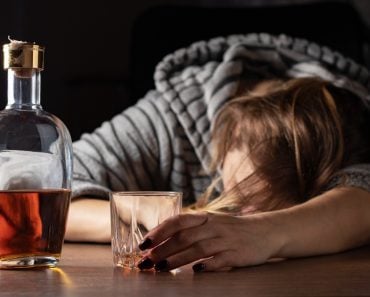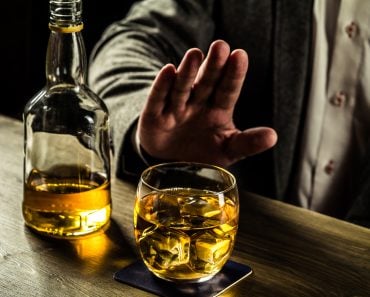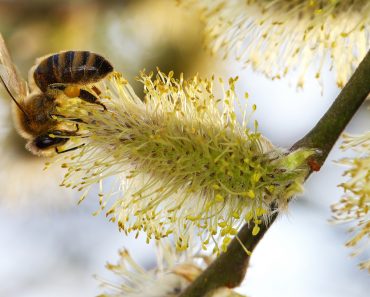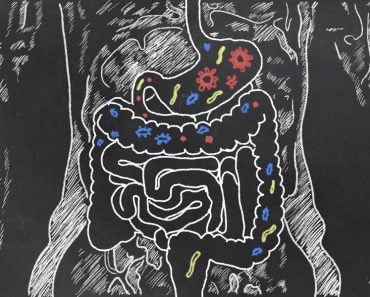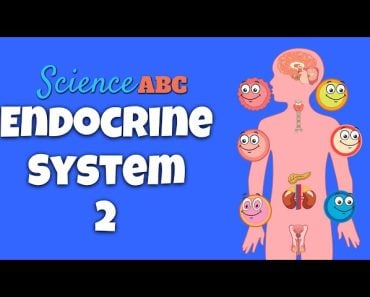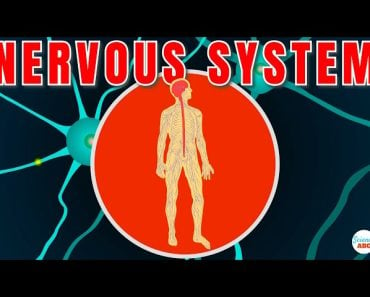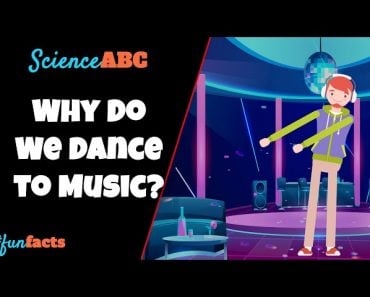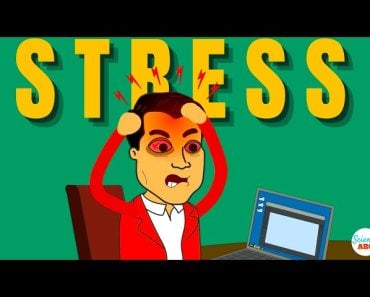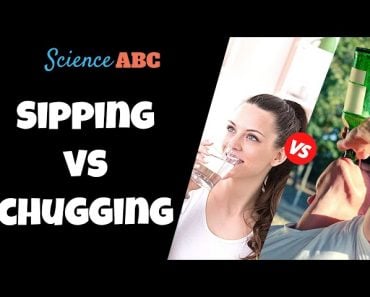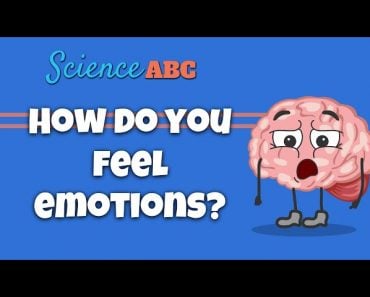Table of Contents (click to expand)
Alcohol affects the brain by depressing the nerve cells, which makes the person feel ‘happier’. However, once the person is quite drunk, the alcohol also inhibits the brain’s ability to spawn associated thoughts, which is why the person wants even more alcohol.
People who drink alcohol on a fairly regular basis can relate to this: when you’re buzzed, you generally tend to crave even more alcohol. Now, this might be a little subjective, as not everyone might feel the same way after downing a few drinks. However, in general, there are many cases wherein people who are quite drunk already want even more alcohol.
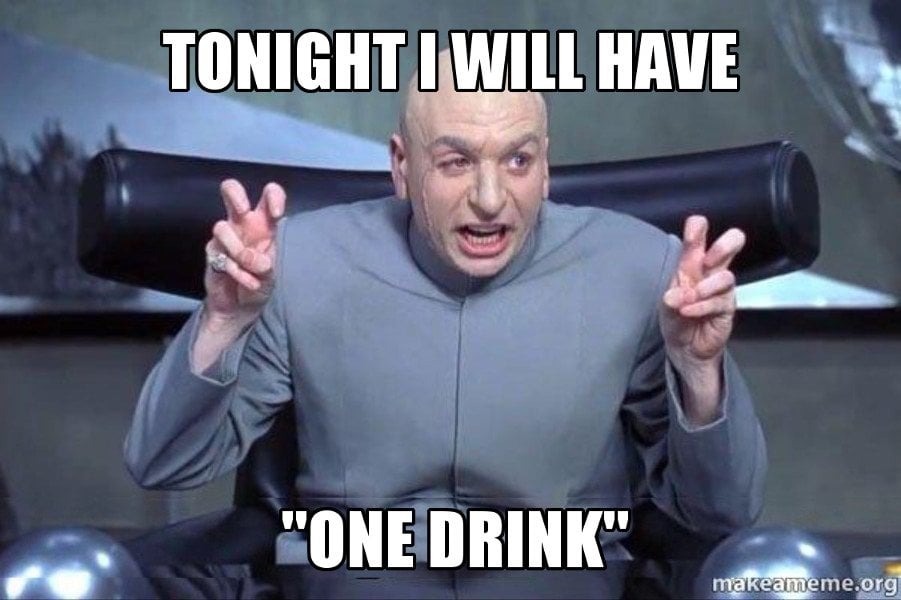
They may not want to drink more after they’ve had a drink or two, but once they’re really drunk, they usually want even more. Why is that? Is it purely coincidental or is there some scientific reason behind it?
Recommended Video for you:
How Does The Alcohol Affect The Brain?
It’s no secret that alcohol affects the brain. Drinkers say all sorts of things about why they like to drink, but most moderate drinkers would say that they like drinking alcohol because of the way it makes them feel – more sociable, less stressed and more relaxed. It’s true that people have different experiences and ‘sensations’ when they get drunk, but it’s generally agreed upon that alcohol makes one feel ‘happier’.
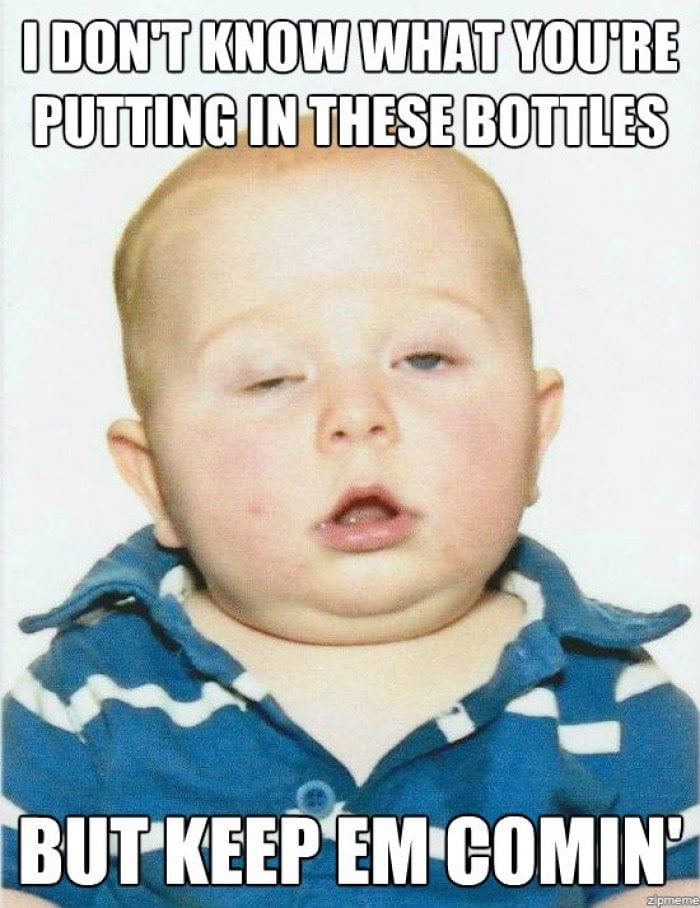
But why is that?
Well, simply put, alcoholic beverages act largely as CNS depressants, or in other words, they act as a sedative to the central nervous system, which means that they depress the nerve cells, which dulls and alters their ability to respond as efficiently as they normally do.
Alcohol potentiates the action of gamma-aminobutyric acid (commonly known as GABA, the major inhibitory neurotransmitter in the brain), and inhibits the action of glutamate (the main excitatory neurotransmitter) in the human brain. Consequently, cognitive and motor skills suffer due to alcohol consumption. Thus, it’s no surprise that a drunk person has a hard time concentrating on things.
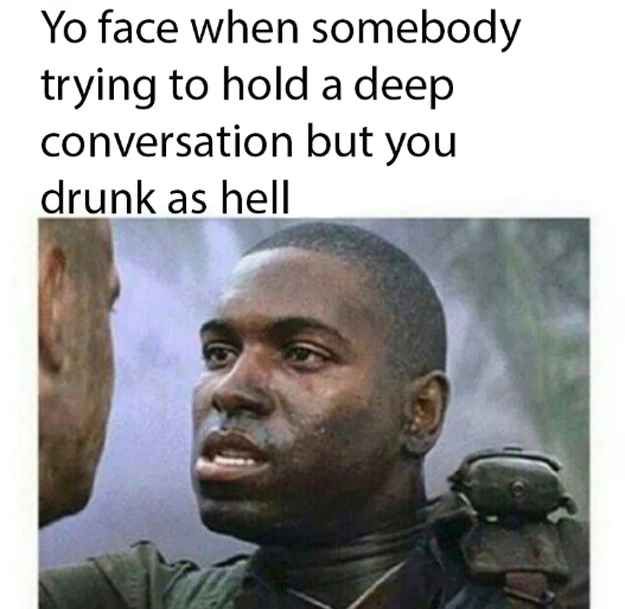
Why A Particularly Drunk Person Insists On Drinking Even More?
There are a number of reasons behind this phenomenon; one of them is related to a specific mechanism called GABA receptor agonism.
A GABA receptor agonist is a drug that produces sedative and muscle relaxant effects, among many others, by acting as an agonist (a chemical that binds to a receptor and activates the receptor to produce a biological response) for one or more GABA receptors.
What the GABA receptor agonist does is make your main ‘train of thought’ work alright, but it also makes it less likely for your brain to spawn related/associated thoughts than it normally does. For instance, when you are driving ‘normally’ (i.e. you are not under the influence of alcohol), your brain does many things simultaneously. For example, when you approach a stop light, you check your speedometer, mentally calculate the speed you have to maintain to comfortably come to a halt at the light, cross-check traffic etc.
However, when you’re drunk, GABA sites are overstimulated by alcohol, so your brain cannot ‘change tracks’ as smoothly as it normally does. Therefore, as you approach the stoplight, you keep focusing on it, and forget to glance at your speedometer. Or alternatively, you may check your speed, but then forget to check surrounding traffic or switch back to the stop light. This is one of the reasons why drinking and driving are a bad combination, as alcohol helps you focus on what you are doing at a given time, but negatively affects your ability to switch to other tasks/activities.
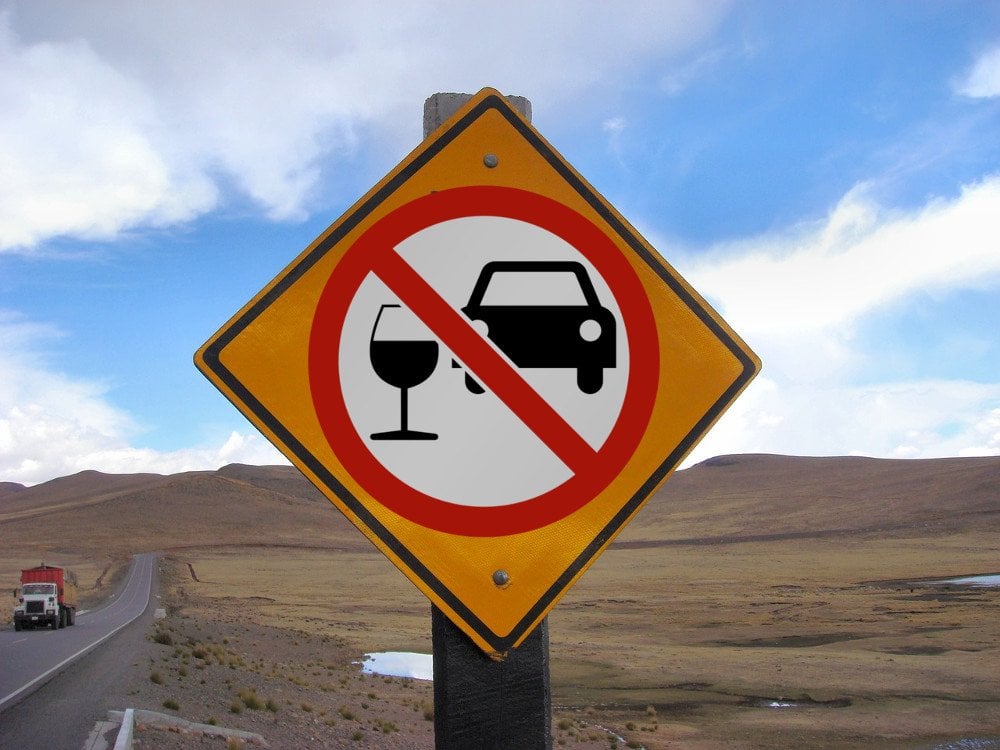
Alcohol makes you focus on what you’re doing, which, while you’re at the bar, is the act of drinking itself; that’s why you want more alcohol when you’re buzzed.
Dopamine And Serotonin
Alcohol not only inhibits glutamate – the major excitatory neurotransmitter – but also releases other inhibitors, including dopamine and serotonin. Even small amounts of alcohol can trigger the release of dopamine in the nucleus accumbens region (the so-called ‘reward center of the brain).
A number of neurotransmitters in different parts of the brain combine and make the consumption of alcohol enjoyable, while also making an individual think that they are having a good time. The euphoria produced by these neurotransmitters reinforces the behavior of drinking, and also the idea that more is going to be good.
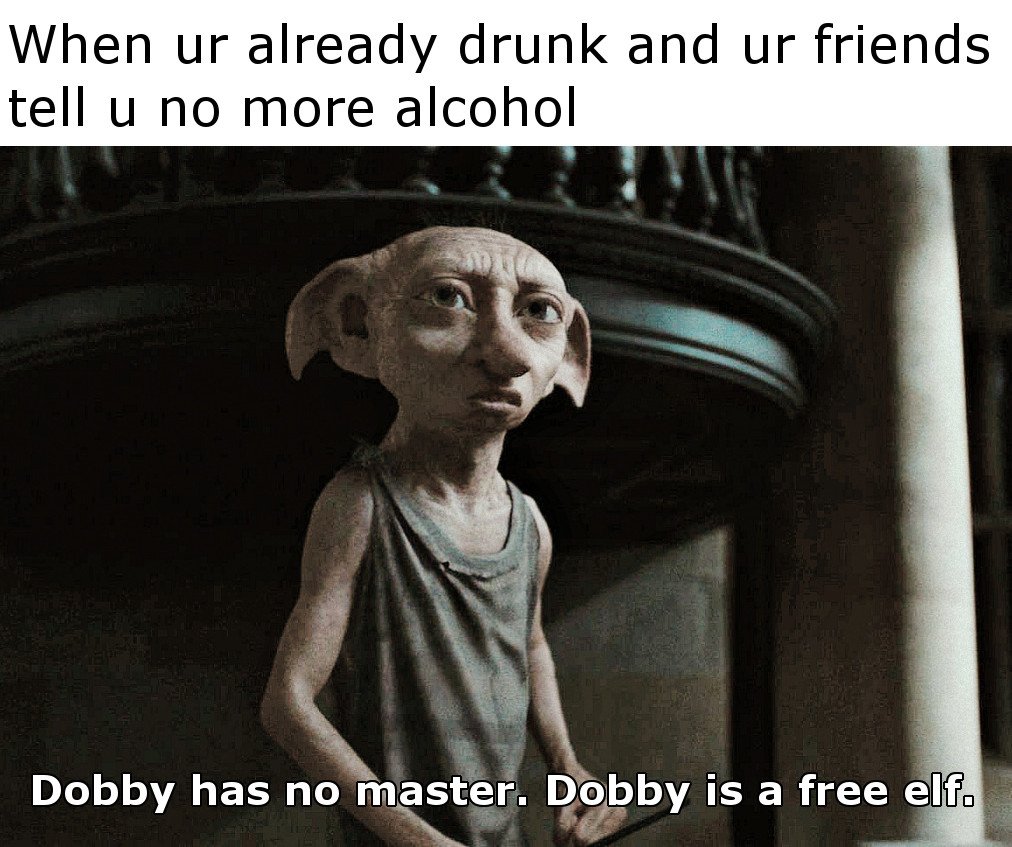
Furthermore, there are significant expectancy effects associated with alcohol consumption, i.e., you expect to feel certain things, and therefore you do. Adding to that, there are positive social effects and the relaxation of inhibition, which also contributes to making you yearn for even more alcohol.
References (click to expand)
- Alcohol Interacts with Receptors in the Brain to Produce its .... Duke University
- Alcohol and the Brain - Student Resources - Resources - Alcohol, Tobacco, and Other Drugs Program - IUP - iup.edu
- This is your brain on alcohol - Harvard Health. Harvard University
- Alcohol Effects on the Brain - www.sccollege.edu
- The Effects of Alcohol on the Brain - Scripps Research. Scripps Research
- The neurocognitive effects of alcohol on adolescents and college students - alcohol.web.unc.edu:80


